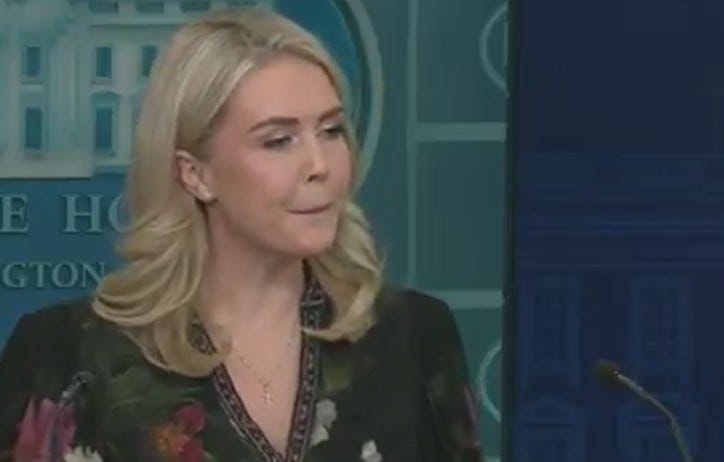The escape of 43 rhesus macaques from a South Carolina primate facility in 2024 wasn’t just a bizarre news story; it ignited a fierce battle within the animal rights movement, a conflict laid bare in a recent profile by The New Yorker.
The runaway monkeys quickly became a symbol, unexpectedly championed by the White Coat Waste Project (WCW) and thrust into the center of a political firestorm on Capitol Hill. WCW skillfully leveraged the incident to challenge taxpayer funding of animal experimentation, forging surprising alliances to achieve its goals.
But this success bred resentment. The New Yorker reveals a deep-seated tension between WCW and established groups like PETA, who viewed WCW’s aggressive, results-oriented tactics with thinly veiled jealousy. PETA representatives openly questioned WCW’s motivations and methods.

One PETA scientist reportedly exclaimed, with frustration, “Have they lost their f-cking minds?” – a reaction to WCW’s pointed criticism of a prominent NIH official. This outburst underscores the stark contrast in approaches between the two organizations.
WCW’s uncompromising demand to end taxpayer-funded animal research immediately set it apart from groups like PETA, who had historically adopted a more conciliatory stance, often working *with* the very agencies WCW targeted. This isolation, however, didn’t hinder WCW’s progress.
Ironically, PETA repeatedly attempted to claim credit for WCW’s significant victories, even as WCW spearheaded campaigns that reshaped the debate in Washington, D.C., under both Republican and Democratic leadership. The monkeys became a “cause célèbre” largely due to WCW’s efforts.
The Department of Veterans Affairs, prompted by a WCW campaign, announced it was ahead of schedule on eliminating all primate testing – a historic first for a federal agency. This momentum began during the Trump administration and continued to build.
Under President Trump, the Food and Drug Administration canceled nicotine tests on monkeys exposed by WCW, sending the animals to a sanctuary. Later, WCW’s lobbying led to a drastic reduction in FDA primate testing and the closure of its largest monkey laboratory.
More recently, Health and Human Services Secretary Robert F. Kennedy, Jr., responding to WCW’s investigation into NIH funding of experiments on monkeys, declared his commitment to ending non-human primate studies except in life-saving circumstances. He pledged to work with WCW to identify and cut wasteful spending.
WCW was also the first to reveal that monkeys involved in a Mississippi truck crash originated from a laboratory heavily funded by the National Institutes of Health and Dr. Fauci, further amplifying public scrutiny.
Despite these achievements, PETA once dismissed Trump’s efforts, claiming he “did nothing to stop animal experimentation” – a statement that now appears strikingly inaccurate. They also remained silent when the Biden administration reversed Trump’s plans to end animal testing at the Environmental Protection Agency.
PETA’s criticism of WCW seems, in part, a reaction to its own lack of comparable success. While PETA boasts a significantly larger budget, the number of primates in labs actually *increased* during its tenure, while WCW actively reversed that trend.
The contrast extends to tactics. While criticizing WCW’s “testosterone energy,” PETA has a history of its own aggressive stunts, including disruptive protests at the homes of NIH officials and elaborate demonstrations involving fake snakes and distressed primate sounds.
This hypocrisy is further highlighted by PETA’s public attacks on other animal welfare organizations, like the ASPCA, accusing them of supporting practices they condemn, even resorting to dramatic, and sometimes embarrassing, public displays.
WCW, however, remains unapologetic. “We’re proud of our hard-hitting campaigns and historic victories,” stated Justin Goodman, WCW’s Senior Vice President, a former PETA director. “We’ll never apologize for aggressively fighting to save animals.”
Goodman’s blunt assessment – “PETA hates us because they ain’t us” – encapsulates the core of the conflict: a fundamental disagreement over strategy, and a clear demonstration of who is achieving tangible results in the fight against government-funded animal experimentation.





